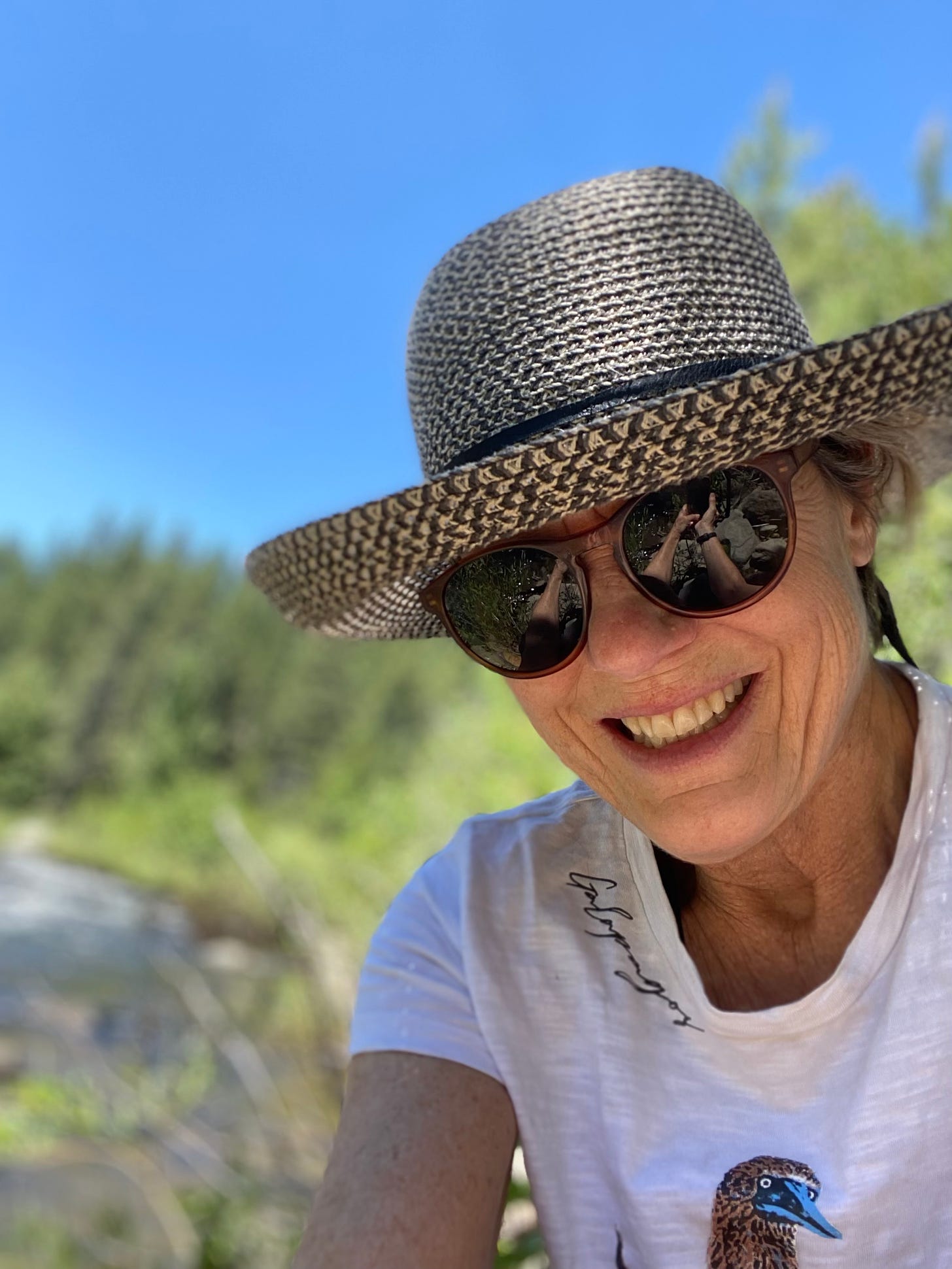After talking with hundreds of leaders and experts, I believe the key to tackling today’s urgent issues—from climate change to ensuring people can find a place in the future of work—is this:
Prioritize capacity-building. The capacity of everyday people—from students to seasoned professionals—to navigate uncertainty, change, and great challenges. We need to prioritize this as if it were the space race of the 1960s—something big and audacious we can all get behind and, in this case, benefit from.
Because here’s the thing: It’s not that people don’t care about important issues in our day. It’s that they—that most of us—are overwhelmed and don’t know what to do.
Organizations and schools can help with that.
Why Prioritize the Focus on Capacity
The reason is simple: Burnout and disengagement are at an all-time high.
A study published in the Harvard Business Review in 2023 found that more than 50 percent of managers are burned out.
Women leaders are leaving the workforce at a rate twice at which they are being promoted, according to McKinsey & Company.
Activists are understandably frustrated and burned out.
According to Gallup, only 33 percent of American workers report being engaged at work, with the majority not engaged or actively disengaged costing $1.9 trillion in lost productivity.
And one need not look at such studies alone to attest to the problem. How do you and the people around you feel about the state of the world?
Duke University neuroscientist Scott A. Huetell once told me that our brains are not even wired to process the many complex global issues we are exposed to daily.
Just consider how many conversations you have had—about this summer’s climate-driven extreme heat or war or politics—that end with a proverbial throwing up of our hands.
“What can I do?” often has a rhetorical ring to it now, as if we have somehow accepted that we don’t have much influence on what is happening around us.
It’s all understandable. And yet …
Being disengaged—or even engaged but doubtful that one has the power to make a difference—doesn’t help.
It doesn’t help as individuals, as a sense of helplessness undermines our well-being.
It doesn’t help at an organizational level, as high disengagement rates make it harder to achieve mission-critical goals.
And it doesn’t help us as a society, making issues that require collective action all the more difficult.
How then do we get into a more helpful way of relating to challenges?
As the Hungarian-American psychologist Mihaly Csikszentmihalyi wrote in Flow: The Psychology of Optimal Experience, “To achieve flow, a balance must be struck between the challenge of the task and the skill of the performer.”
Simply put, to help others and ourselves, we must elevate our capacity.
How to Prioritize Capacity
One helpful way to do this is to see our lives today in terms of the hero’s or heroine’s journey—albeit not the mythological or superhero kind.
We need a hero’s journey makeover for today’s real world and what Stanford University professor Phillip Zimbardo has called “ordinary heroes.” You and me.
That requires:
Developing a more helpful perspective of how we view today’s challenges and our relationship to them
Cultivating emotional intelligence skills that help us transform fear into courage
Taking strategic and sustainable action for the greatest chance of success over the long haul.
This is the focus of my speaking and coaching.
An “Appetizer” Practice
But here’s a very small, very simple – have I said quick and easy? – practice you might consider using at work, school, or home.
Consider spending 30 minutes during your next team meeting or family dinner and inviting everyone to identify and share three practices they use to sustain themselves—and then ask them how they regularly honor those practices and whether they could benefit from an accountability buddy.
These sustaining activities could be physical, spiritual, intellectual, social, creative, or otherwise.
For example, Bryan Stevenson, founder and executive director of the Equal Justice Initiative and author of the bestselling memoir Just Mercy, has said he has three “non-negotiables” that sustain him: exercise, music, and mindfulness. (Learn more in his conversation with Dan Harris on Ten Percent Happier.)
How we truly sustain ourselves now is a critical piece of the much bigger puzzle of becoming the kind of people who can rise to the realities of today’s fast-changing world.
It is not the moonshot we need. But it’s one small step we can take today.
Please DM me if you’d like my brief guide on facilitating this or information about my speaking and programs.
Did you know if you hit the HEART at the top or bottom of this post, you’ll make it easier for others to find B-Heroic? (You’ll also brighten my day!)





Lisa- I appreciate this approach on 'capacity.' A great perspective on some of the things going on today. Hope you're well this week. Cheers, -Thalia.
Yes I fully agree! Thank you for this thoughtful article, Lisa. Some of my own journey is in the post, below. Also, a friend spoke to me about being engaged in a way that is positive - how to focus on the hopeful. I found that helpful. I.e., What’s going right Re climate solutions that I help to encourage? :)
https://lorilawe.com/2023/07/04/want-to-be-a-hero-too/